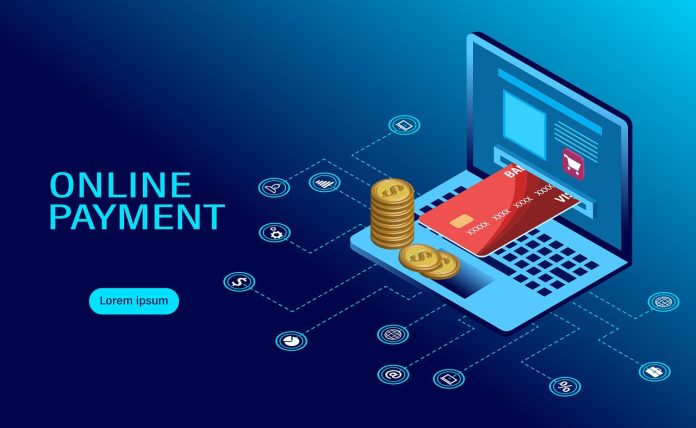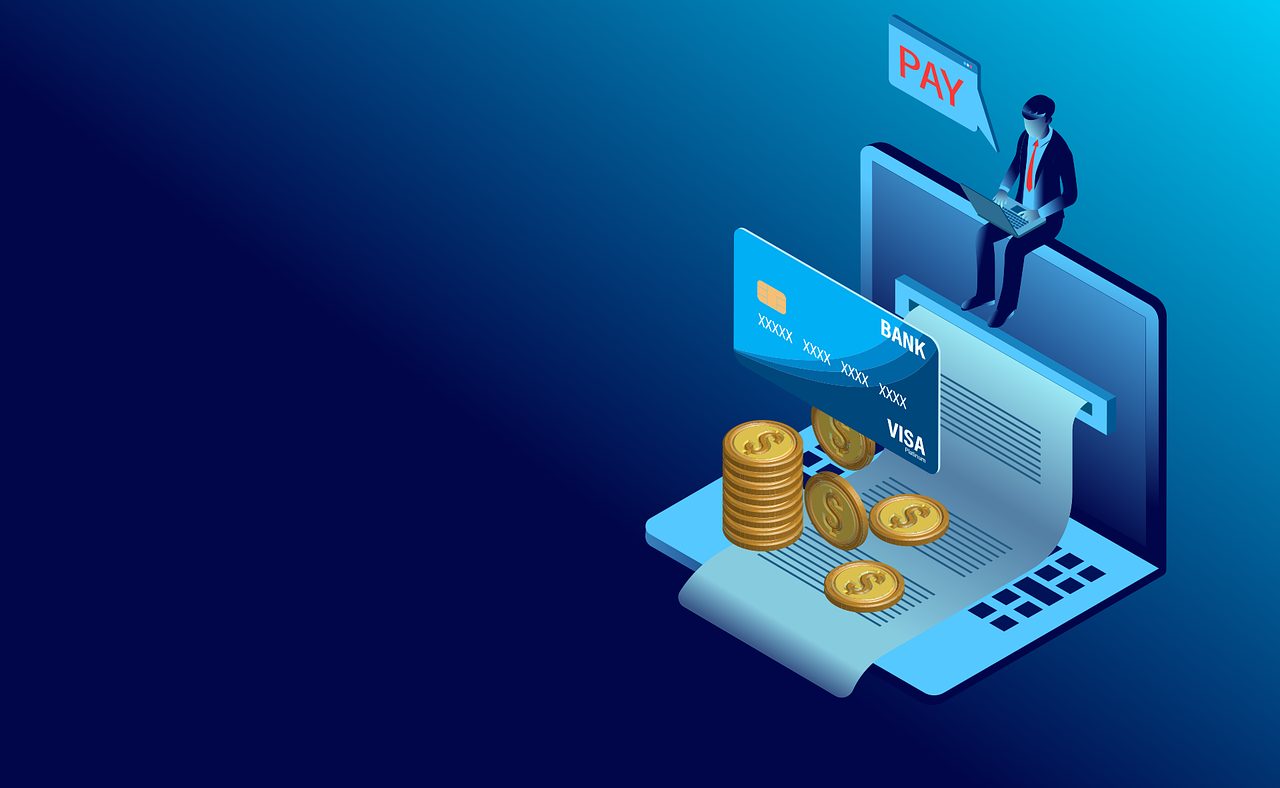This post will show you a guide to online security in payments, casinos, and E-Commerce
As the digital landscape continues to expand, online security becomes a paramount concern for individuals engaging in various online activities, from making payments and shopping to indulging in the excitement of online casinos.
This article delves into the intricacies of online security, particularly in the realms of payments, casinos, and e-commerce, shedding light on the measures in place to safeguard users. Additionally, we’ll explore the role of casino review sites in assisting users in making informed choices.
Table of Contents
1. Online Security in Payments
In the era of digital transactions, ensuring the security of online payments is of utmost importance. Key considerations include:
a. Encryption Protocols
- Reputable payment platforms and e-commerce sites employ advanced encryption protocols (SSL/TLS) to secure the transmission of sensitive information, such as credit card details.
b. Two-Factor Authentication (2FA)
- Implementing 2FA adds an extra layer of security by requiring users to provide two forms of identification before completing a transaction.
c. Tokenization
- Tokenization replaces sensitive data with unique identifiers, reducing the risk of data breaches as even if intercepted, the data is meaningless without the corresponding token.
2. Security in Online Casinos
Engaging in online casino activities introduces additional considerations for security, especially when real money is involved.
a. Licensed and Regulated Platforms
- Opting for licensed and regulated online casinos ensures that the platform adheres to industry standards, providing a secure and fair gaming environment.
b. Secure Payment Methods
- Choosing secure payment methods, such as reputable e-wallets or credit cards, adds an extra layer of protection to financial transactions within the casino.
c. Identity Verification
- Many online casinos enforce stringent identity verification processes to prevent fraud and ensure that players are of legal age.
3. E-Commerce Security Measures
Online shopping has become an integral part of modern life, and securing e-commerce transactions is crucial.
a. Secure Checkout Processes
- E-commerce sites employ secure checkout processes with encryption to protect users’ personal and financial information during transactions.
b. Customer Authentication
- Implementing customer authentication measures, such as password protection and verification codes, adds an extra layer of security to user accounts.
c. Regular Security Audits
- E-commerce platforms often conduct regular security audits to identify vulnerabilities and address potential threats proactively.
4. The Role of Casino Review Sites
Casino review sites play a significant role in guiding users toward secure and reputable online casinos.
a. Evaluation of Security Features
- Review sites thoroughly assess the security features of online casinos, including encryption methods, data protection measures, and adherence to regulatory standards.
b. Player Experiences
- Insights from real players shared on review sites offer valuable perspectives on the security, reliability, and overall experience of engaging with a particular online casino.
c. Regulatory Compliance
- Casino review sites often verify the regulatory compliance of online casinos, ensuring that they operate within the legal frameworks set by licensing authorities.
Navigating Safely in the Digital Realm
As the digital world continues to evolve, understanding and implementing robust security measures are essential for individuals engaging in online payments, casinos, and e-commerce.
By prioritizing platforms with a commitment to security, utilizing secure payment methods, and consulting reputable review sites for guidance, users can navigate the digital realm with confidence, ensuring their online experiences are not only enjoyable but also secure and protected.
INTERESTING POSTS
About the Author:
Daniel Segun is the Founder and CEO of SecureBlitz Cybersecurity Media, with a background in Computer Science and Digital Marketing. When not writing, he's probably busy designing graphics or developing websites.









